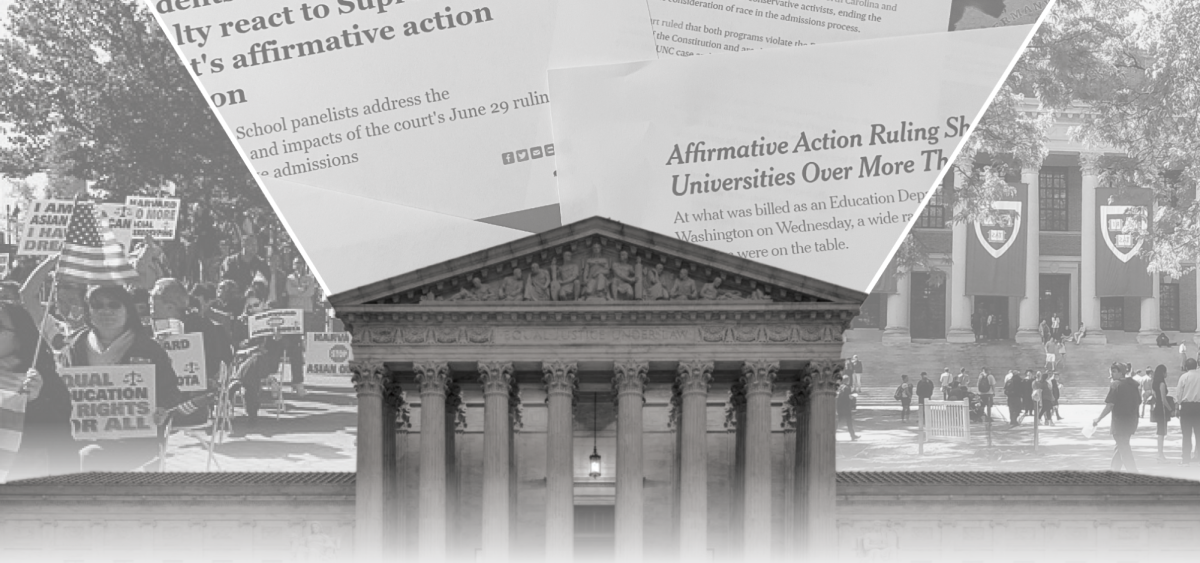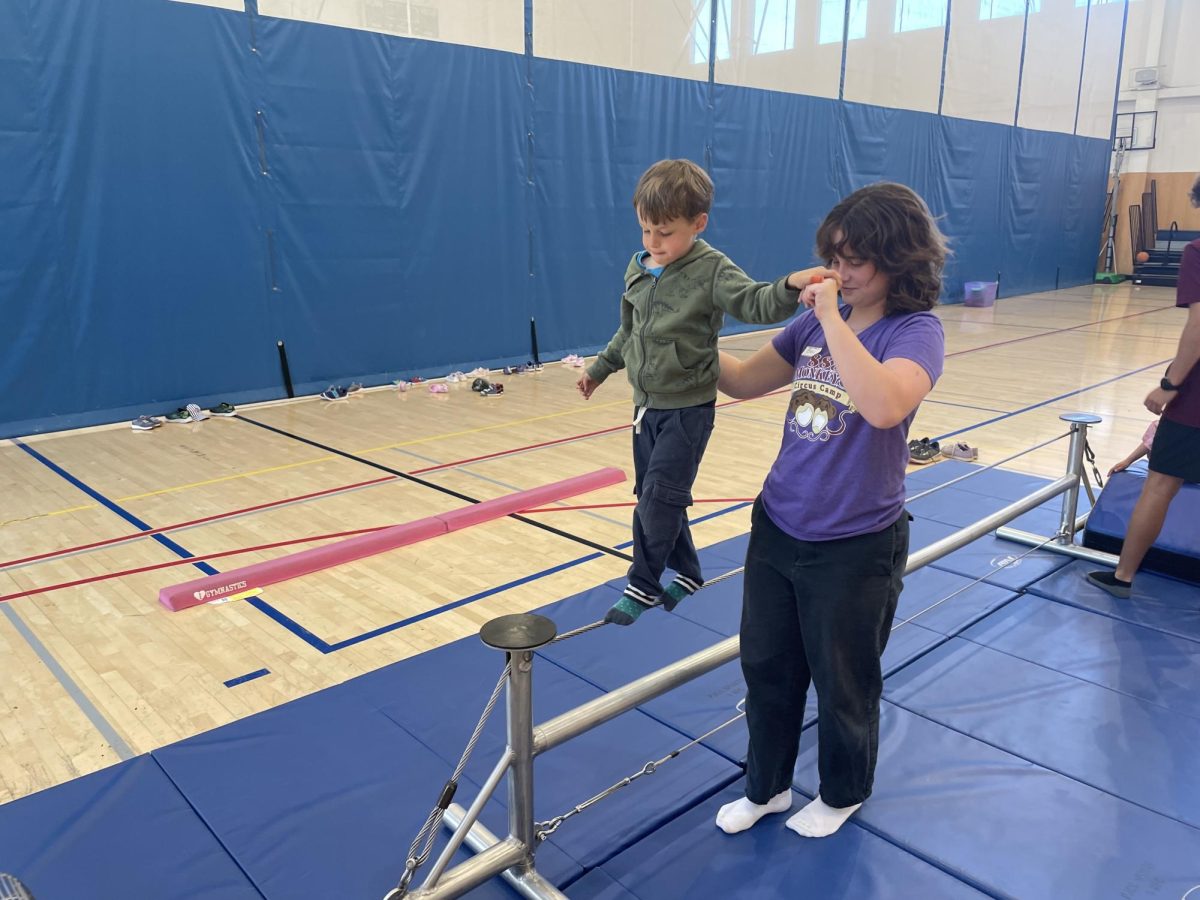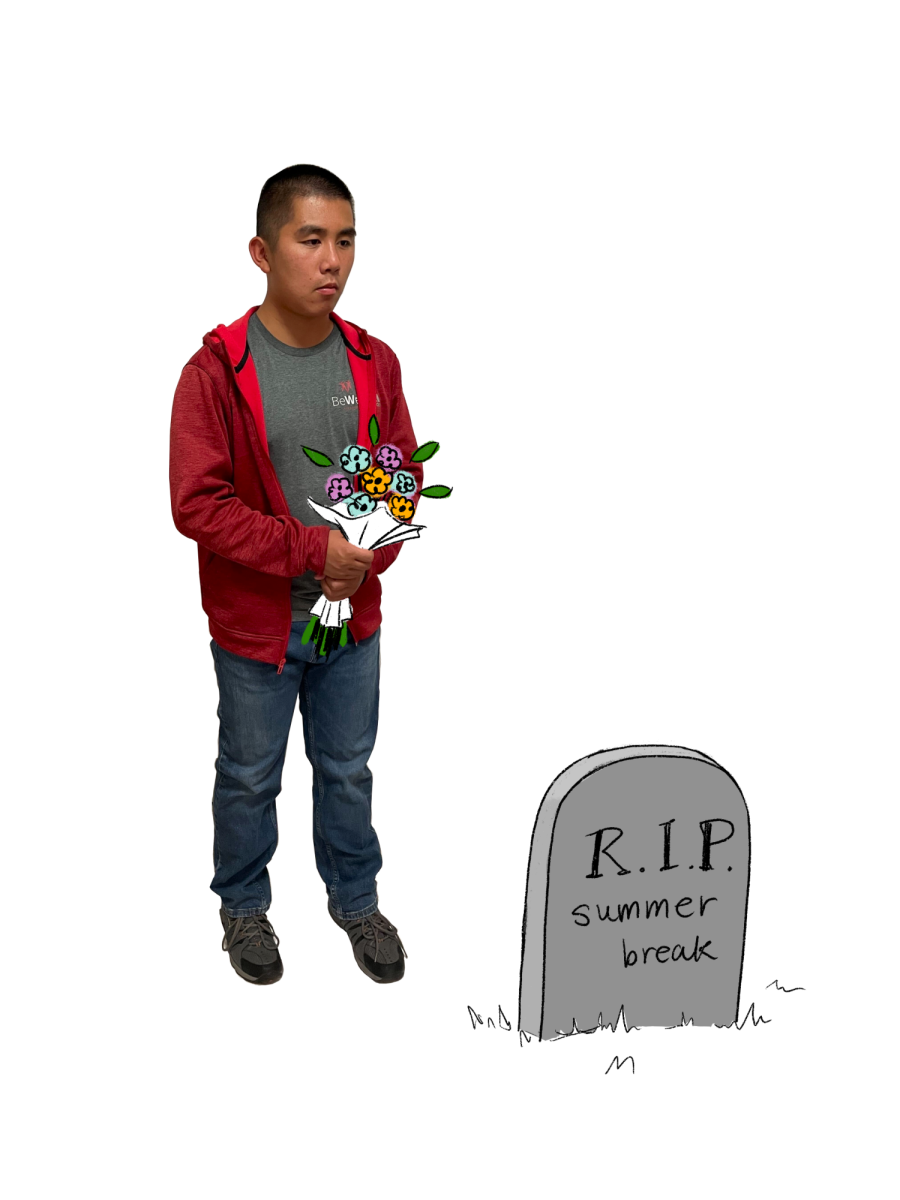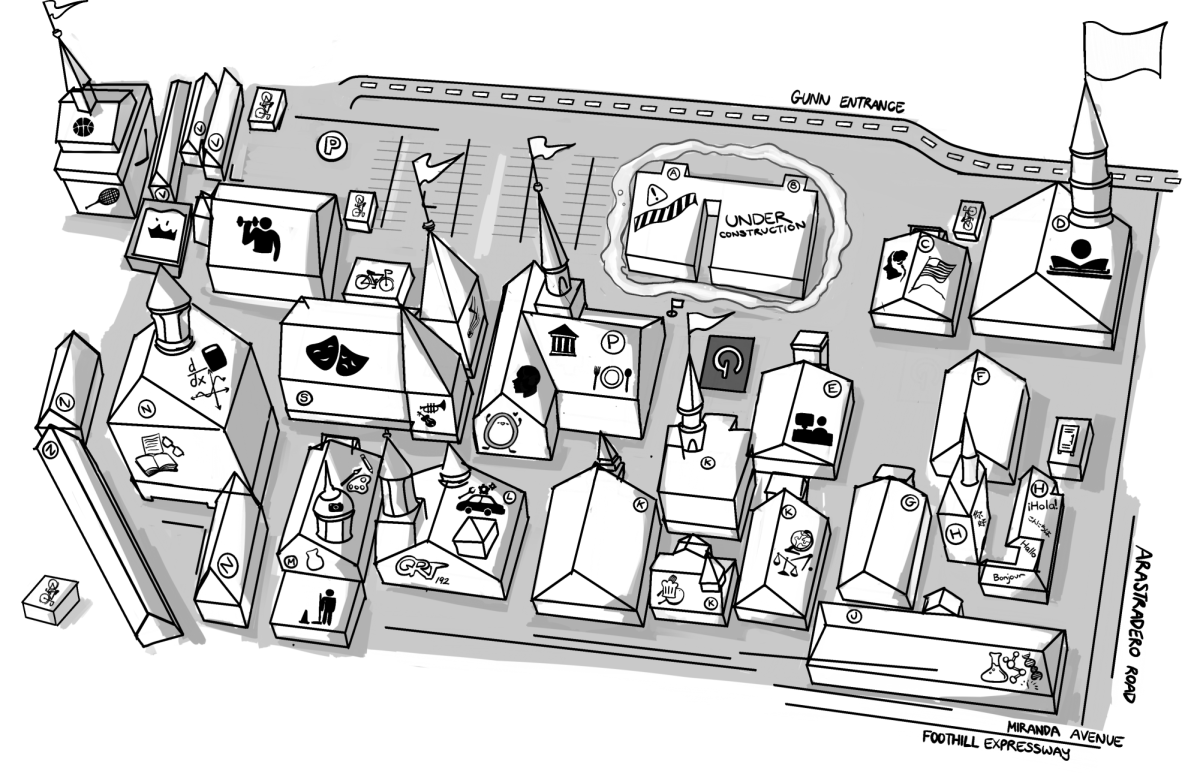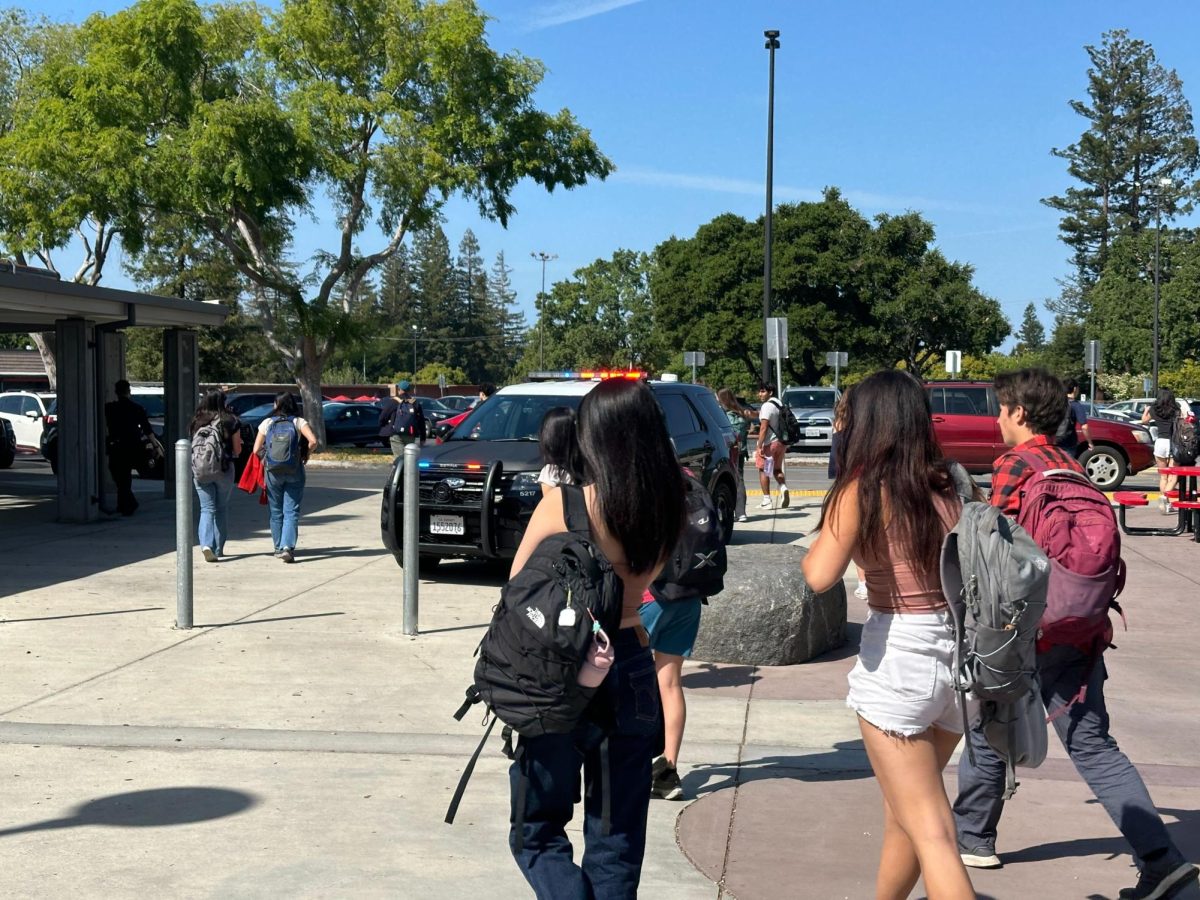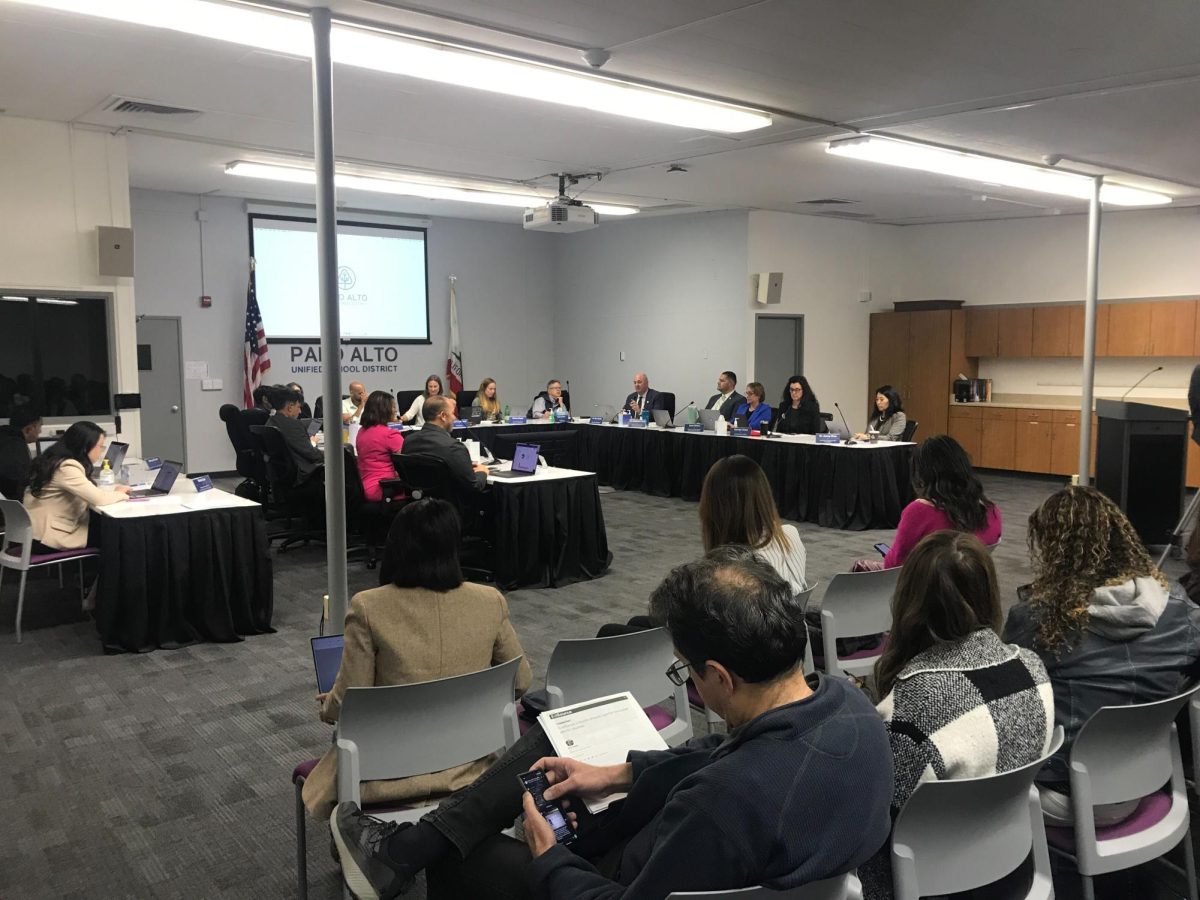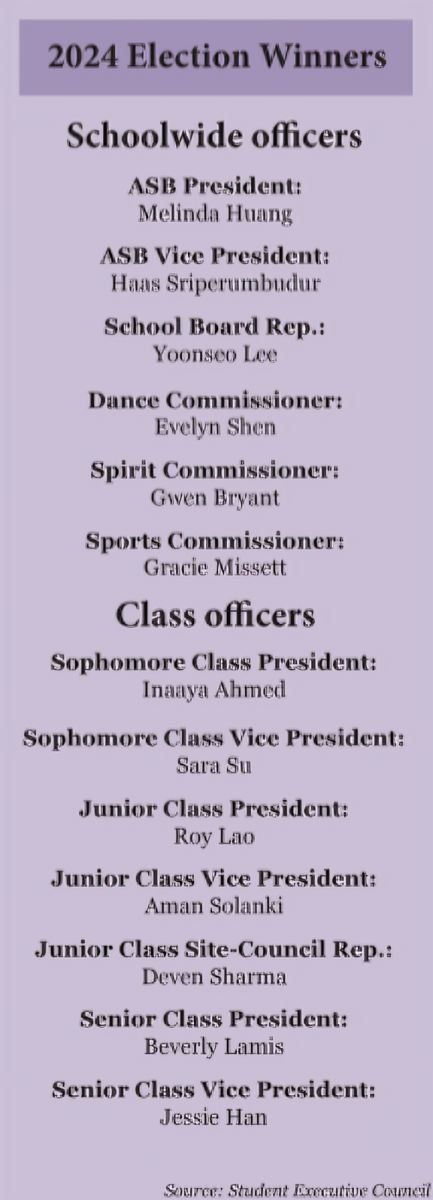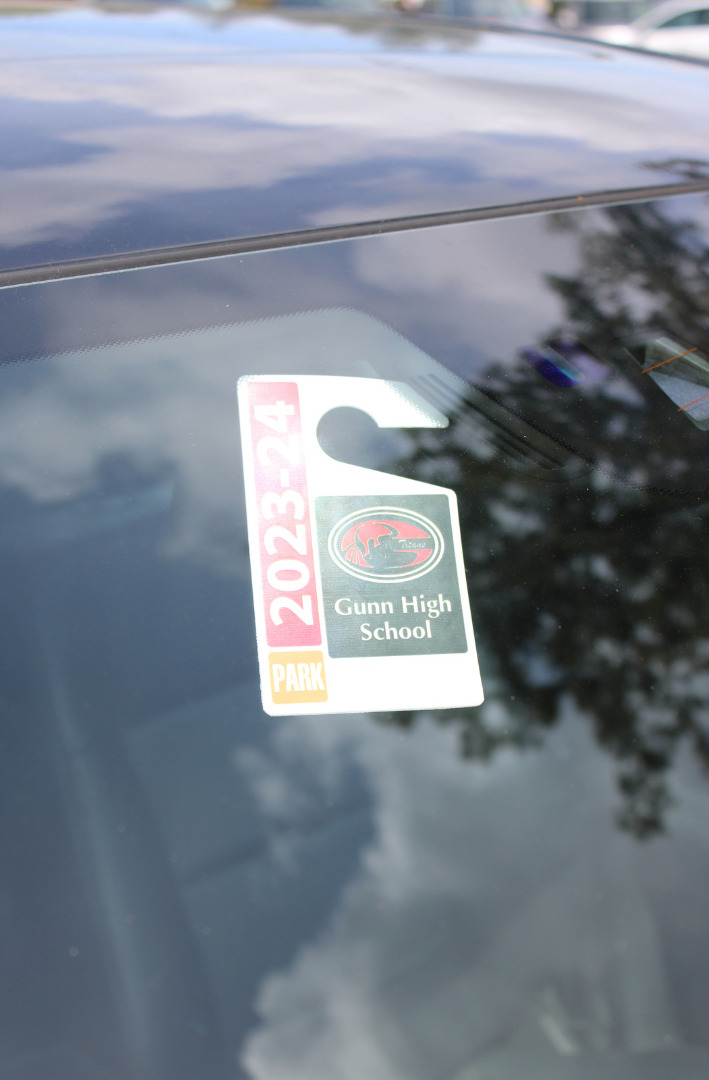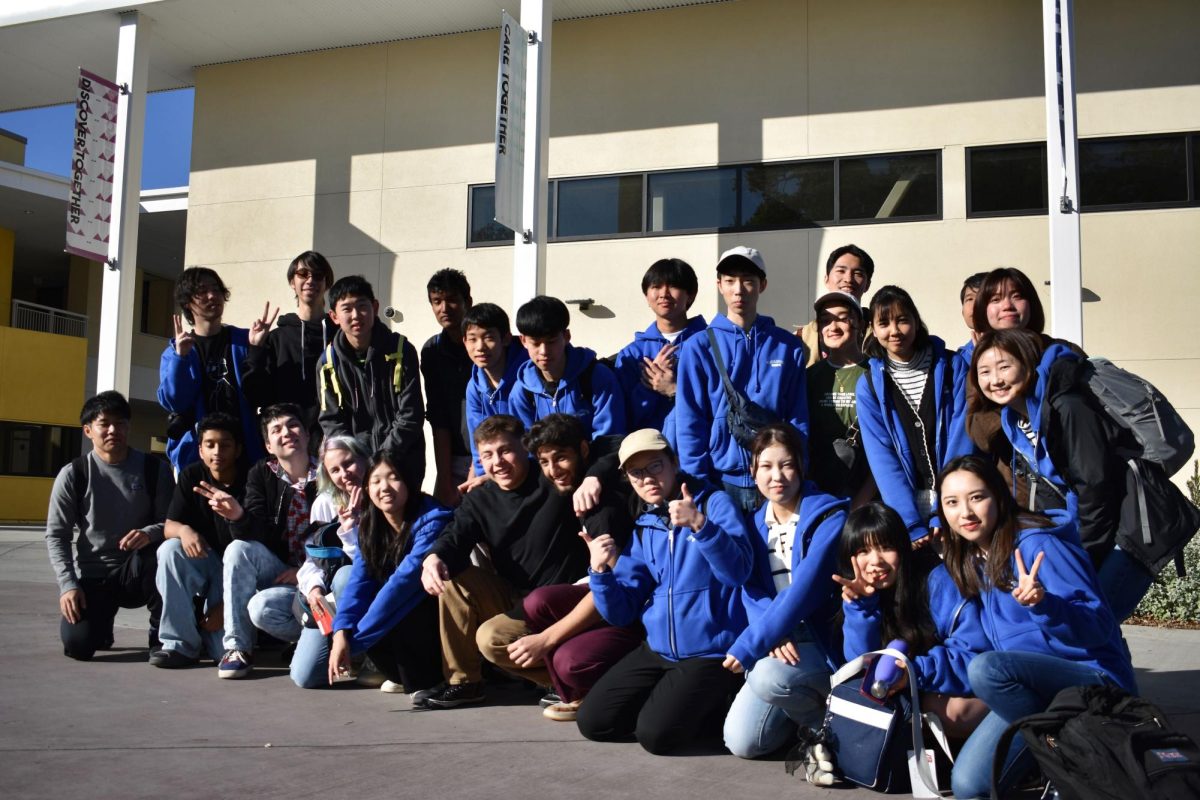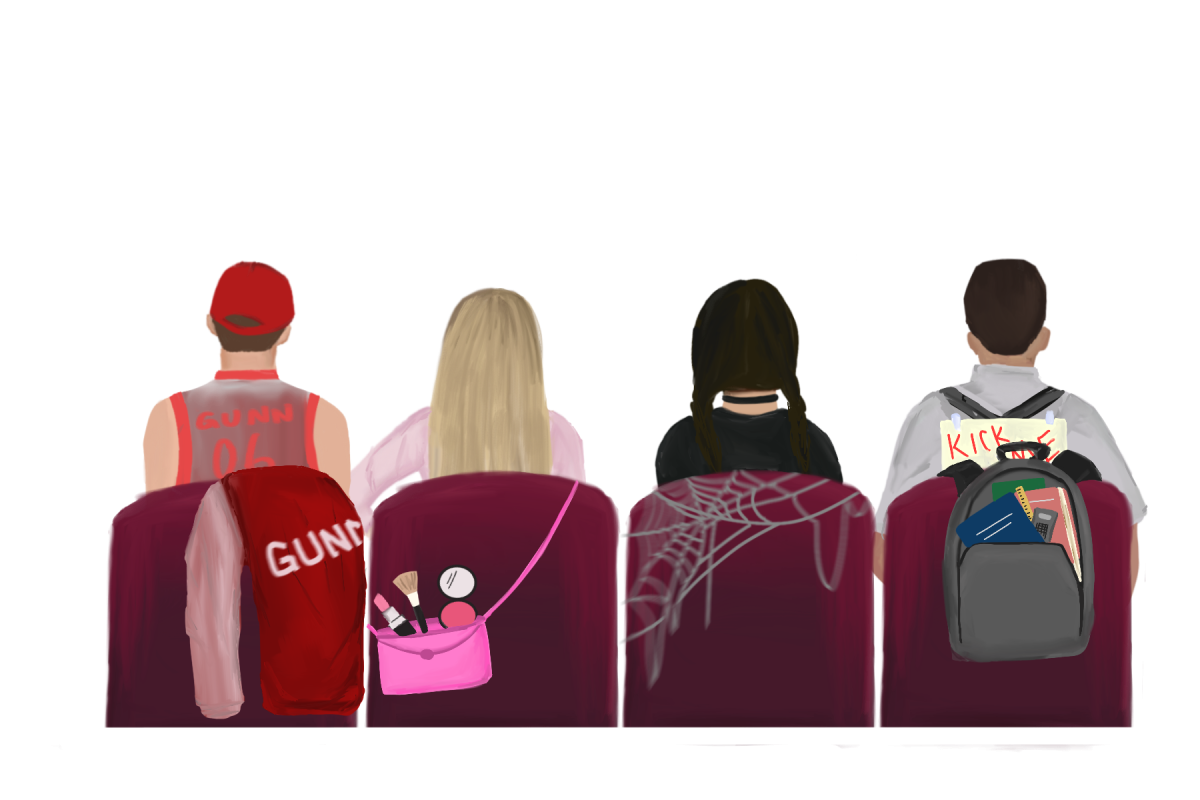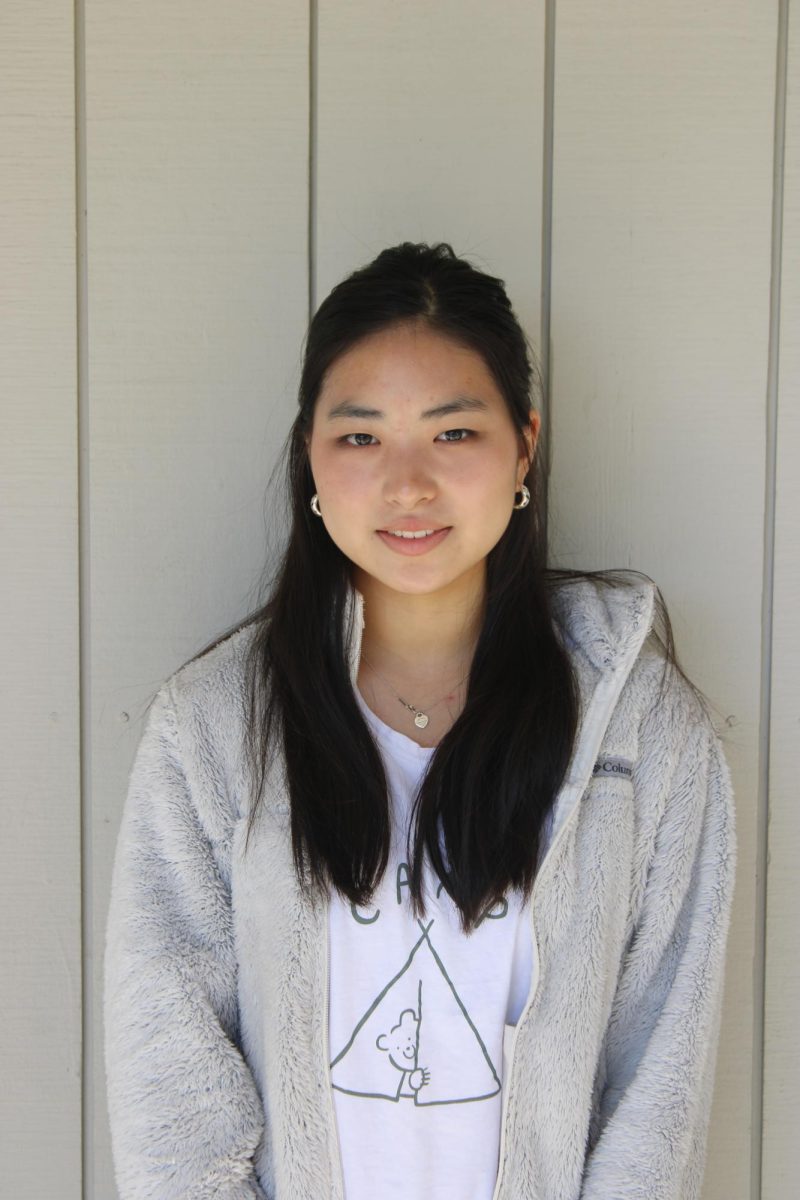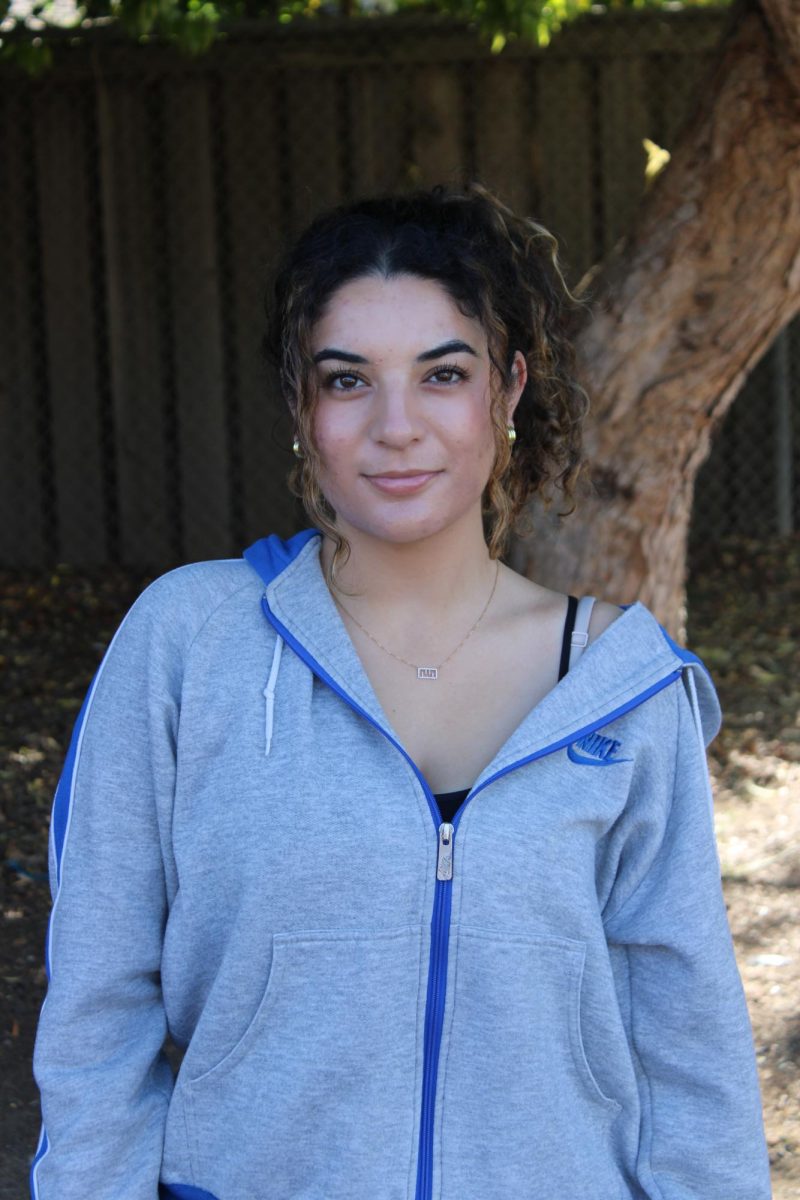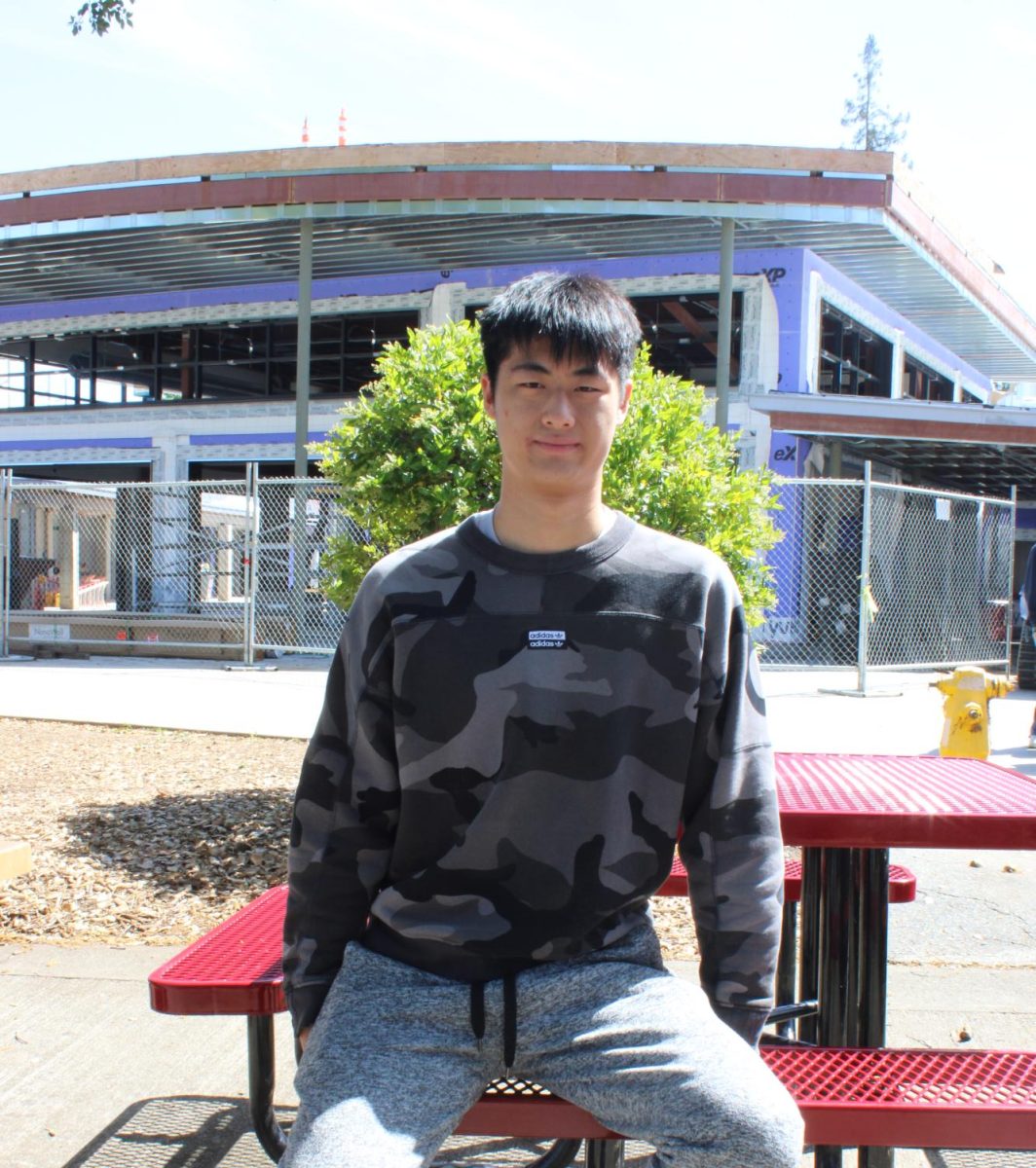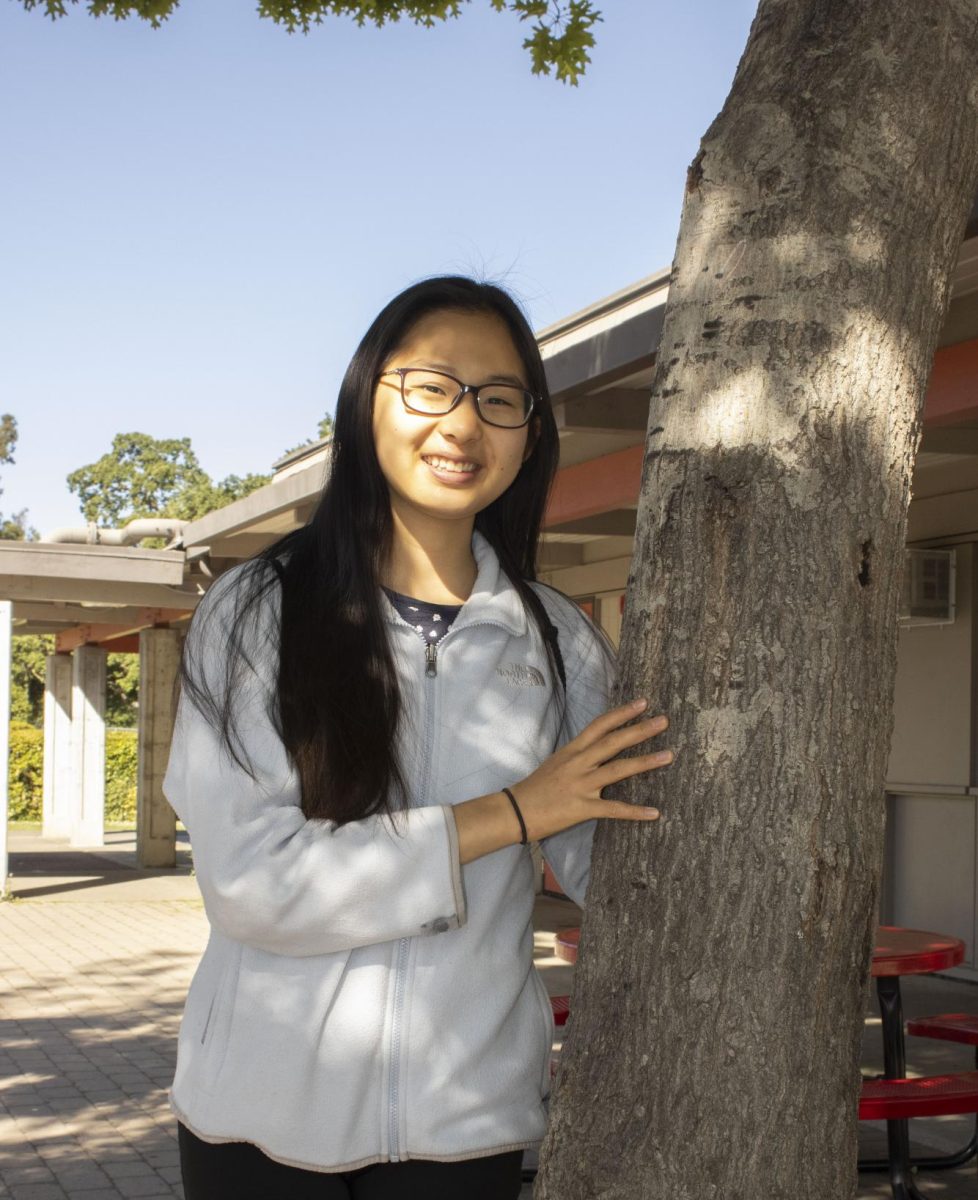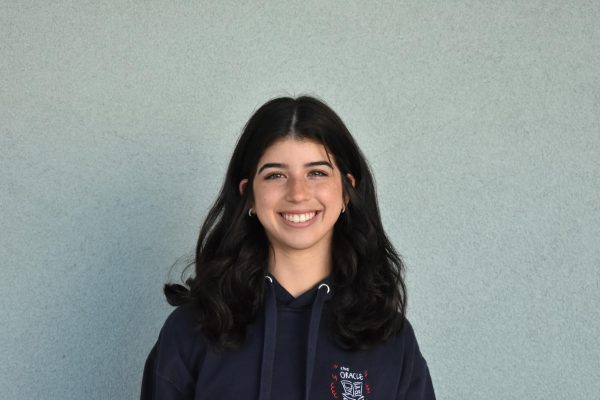On June 29, the U.S. Supreme Court ended affirmative action in college admissions, preventing universities from using race as a factor in acceptances. In a 6-3 vote, the court’s conservative-leaning majority overturned precedent in its ruling on Students for Fair Admissions v. President and Fellows of Harvard College and Students for Fair Admissions v. University of North Carolina. The rulings go into effect this year, meaning that current high school seniors will be the first impacted class.
Affirmative action is defined as an active effort to improve employment or educational opportunities for historically underrepresented groups. While approaches can vary — some address race, while others address socioeconomic status, ability and gender — the Supreme Court specifically overruled race-conscious admissions policies that use race as a factor in deciding which qualified applicants will be admitted to universities.
Although Gunn’s counselors don’t plan on making large-scale changes in response to the ruling, they will encourage students to capture a holistic view of their identity in applications, according to Gunn college advisor “I really want to stress to the students that opportunities continue to exist in the application to express who you are,” he said. “Use these opportunities to represent your identity and what makes you unique as a person — whether that be race, background, experiences, things of that nature.”
Opportunities continue to exist in the application to express who you are. Use these opportunities to represent your identity and what makes you unique as a person.”
— College advisor Jonathan Fidani
Some universities have already facilitated this approach through changing their supplemental essay prompts for the upcoming admissions cycle. Stanford University, for example, changed a prompt asking students what was meaningful to them to one telling them to “describe what aspects of (their) life experiences, interests and character” make them good candidates for the university.
Fidani also believes that many institutions will still strive to establish diverse, inclusive communities. “The Supreme Court made a law, and colleges must respectfully abide by this. I’m encouraged by the language coming from colleges, which affirms their commitment to finding ways, within the context of the ruling, to continue to build campus communities that represent students from a wide range of backgrounds and identities.”
Still, the ruling has been jarring for students such as senior Amrit Joshi, who feels it exacerbates an already inequitable admissions process. “It goes to show what and who the system is supposed to help,” he said. “It’s not meant to help people of color, underprivileged people, minorities.”
Some point to the continued existence of legacy preferences as an example of this bias. The cases’ plaintiffs argued that Asian Americans lost out to less-qualified Black and Latino applicants. Yet many private universities continue to offer advantages to students whose parents attended or donated money to their institutions — students who are usually white and wealthy. One study based on Harvard University data found that 70% of legacy and donor-related applicants are white. Several groups filed a complaint based on these statistics following the Supreme Court decision, and the Department of Education has since launched a civil rights investigation into legacy admissions.
It goes to show what and who the system is supposed to help. It’s not meant to help people of color, underprivileged people, minorities.
— Senior Amrit Joshi
Moving forward, Fidani thinks that colleges and universities may begin to look to how the University of California schools — which have not used race-conscious admissions since 1996 — admit students. Although the number of Black and Latino students decreased following the ban, the UCs still have a relatively diverse student body: In 2022, 22.5% of enrollees were Latino, 4.5% were Black and 32.2% were Asian.
For senior Sophia Tilghman, this knowledge has made the Supreme Court decision less frightening. “The Supreme Court decision really does not impact me because I am intending to apply to the UCs and Cal State schools, which don’t use affirmative action,” she said.
As applicants navigate an altered landscape, they are seeking proactive approaches to come to terms with the ruling and ensure successful admissions. “I would talk to college admissions counselors and officers and ask them what they are looking for, and look around at what your peers are doing and find encouragement from others,” Joshi said.
Fidani also recommends exploring all resources the Gunn counseling team provides during the application process, including parent nights, PRIME offerings and individual meetings. “We want to encourage students to step into those and to ask questions,” he
said. “It’s a big process, and there is so much unknown, so please, share thoughts and opinions. Let’s talk and try to work them out together.”


